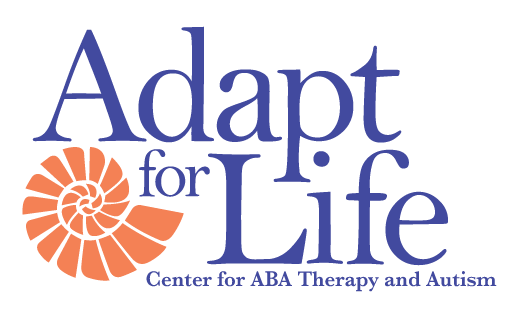Additional Resources
Applied Behavior Analysis (ABA) is a scientific approach to understanding and modifying behavior, often used as a therapeutic intervention for individuals with developmental disorders. It focuses on analyzing how behaviors are influenced by the environment and aims to improve socially significant behaviors through evidence-based strategies.
The principles of ABA are based on observable and measurable behaviors, emphasizing positive reinforcement, prompting, shaping, modeling, and other behavior-change techniques. It involves breaking down complex skills into smaller, manageable steps, leading to systematic and gradual progress.
For children with developmental disorders, ABA Therapy offers numerous benefits. It can help improve communication skills, social interactions, adaptive behaviors, and academic abilities. ABA targets challenging behaviors and provides effective tools to replace them with more appropriate alternatives. By promoting positive behaviors and reducing challenging ones, ABA Therapy empowers children to build essential life skills, increasing their independence and overall quality of life. Furthermore, the individualized nature of ABA Therapy ensures that interventions are tailored to meet each child’s unique needs, fostering personalized growth and development.
- Will ABA Therapy be too rigid for my child’s needs and personality?
- ABA Therapy is highly individualized, and our skilled professionals adapt techniques to suit your child’s unique personality and learning style. We prioritize creating a nurturing and engaging environment, ensuring your child feels supported and motivated to learn.
- While ABA Therapy addresses challenging behaviors, it also focuses on enhancing communication skills, social interactions, and promoting adaptive behaviors. Our approach aims to support holistic development and help your child thrive in various aspects of life.
- Parent involvement is crucial for successful ABA Therapy outcomes. Our team encourages active participation, offering regular feedback sessions, and providing tools for you to reinforce and practice learned skills at home.
- ABA Therapy does not inhibit creativity or play. Instead, it fosters meaningful interactions and social play opportunities, guiding your child to build appropriate play skills and engage with others in more rewarding ways.
- ABA Therapy is evidence-based and has a strong safety record. Our qualified professionals prioritize your child’s well-being, and treatment plans are designed with a focus on ethical practices and minimizing potential risks. We continuously monitor progress and adapt interventions as needed to ensure your child’s comfort and progress.
Books:
- “The Autistic Brain: Helping Different Kinds of Minds Succeed” by Temple Grandin and Richard Panek
- “The ABA Visual Language: Applied Behavior Analysis for People with Autism” by Carbone, Albert J., Ph.D., and Boucher, Lori, M.A.
- “Understanding Applied Behavior Analysis” by Autism Speaks Link: https://www.autismspeaks.org/applied-behavior-analysis-aba-0
- “ABA and Autism: The Many Myths and What the Science Says” by Child Mind Institute Link: https://childmind.org/article/aba-autism-therapy-myths-and-science/
- Association for Behavior Analysis International (ABAI) Link: https://www.abainternational.org/
- Behavior Analyst Certification Board (BACB) Link: https://www.bacb.com/
- “ABA and Parenting Strategies for Children with Autism” by the Autism Society Link: https://youtu.be/xyz123abc
- “Positive Parenting Tips for Children with Autism” by The National Autistic Society Link: https://youtu.be/xyz123abc
